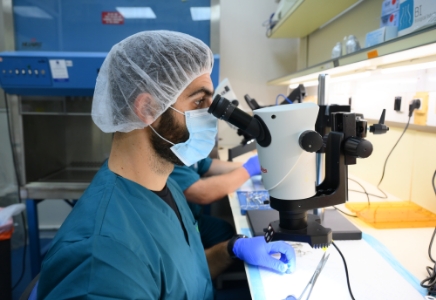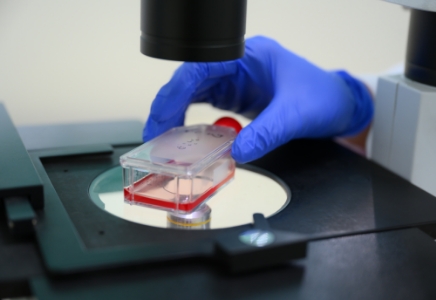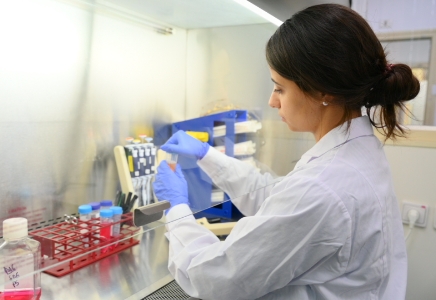It made headlines all over the world: Eilon Musk is looking for volunteers for his new startup. The biotechnology startup, Neuralink, opened recruitment for its first human clinical trial, according to a company blog.
So what is Neuralink doing? Using brain activity, Neuralink aims to help people with paralysis to communicate. Neuralink technology may enhance memory and cognitive abilities, restore motor, sensory, and visual functions, as well as treat diseases in the future.
The company hopes that “a person would potentially be able to control a mouse, keyboard or other computer functions like text messaging with their thought”. Neuralink is basically building a brain to machine interface.
Neuralink received approval from an independent review board and set to begin offering brain implants to paralysis patients as part of the PRIME Study (PRIME – short for Precise Robotically Implanted Brain-Computer Interface) is being carried out to evaluate both the safety and functionality of the implant.
How will it work? Trial patients will have a chip surgically placed in the part of the brain that controls the intention to move. The chip, installed by a robot, will then record and send brain signals to an app, with the initial goal being “to grant people the ability to control a computer cursor or keyboard using their thoughts alone” was written in the company’s announce.
At this stage, Neuralink is looking for volunteers with quadriplegia due to cervical spinal cord injury or amyotrophic lateral sclerosis (ALS) that may qualify for the 6 yearlong study.
Clearly, this experiment raises many ethical questions. Just think for a second if the technology will be successful?
Of course, by curing ALS and other diseases Neuralink technology will pave the road to acceptance of this technology by the general public.
But once it will happen and this technology will work – how soon we will use it in other ways? How our life and world we will look like?
Imagine the option, you’ll think that you want to see T.V and it will start working…You’ll be able to open your car doors just by thinking about it. How will people live with this technology? Since it will be expensive at least at first, it will only be accessible to those who already have it, so inequality will increase even more.
And, also, what about AI? There are conflicting agendas here. On one hand, we are investing huge capital in AI with the aim of making robots more human. More and more people are ready to talk to technology. Some of the AI bots already offer emotional therapy with a bot or even a friend for life.
On the other hand, Musk’s technology actually robotize us and turn us into more robots and implant us with various chips to integrate us into cyborgs machines.
To me, the battle over humans, and how they will fare in the future has never been more fascinating.




